Tag: Politics
-

In Wichita, the surveillance state expands again — and again
In Wichita, we see another example of how once government starts a surveillance program, the urge to expand it is irresistible.
-

WichitaLiberty.TV: Matt Kibbe of Free the People
Matte Kibb of Free the People joins Karl Peterjohn and Bob Weeks to discuss FreeThePeople.org and our relationship with government.
-

We need NOTA, now
“None of the Above” voting has issues to resolve, but the current system has many problems.
-
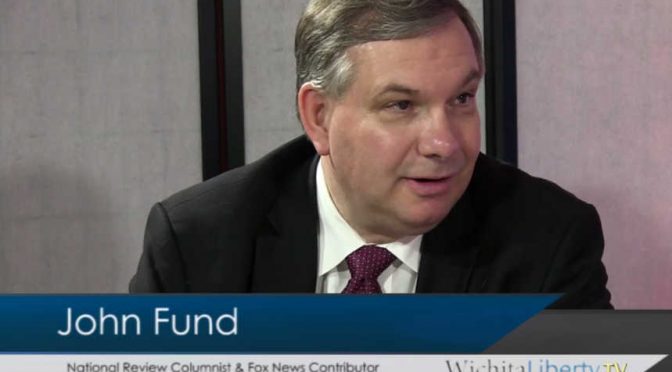
WichitaLiberty.TV: John Fund, National Review Columnist
National Review columnist John Fund joins Bob Weeks and Karl Peterjohn to discuss elections and their security.
-
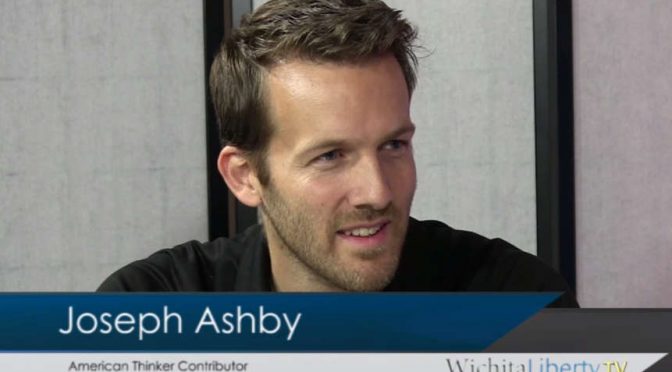
WichitaLiberty.TV: Wichita talk radio pioneer Joseph Ashby
Wichita talk radio pioneer Joseph Ashby joins Karl Peterjohn and Bob Weeks to discuss state and national affairs.
-
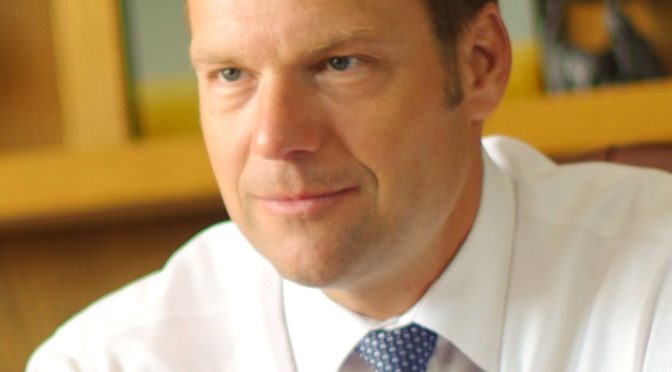
Kris Kobach at Wichita Pachyderm Club
Kansas Secretary of State Kris Kobach addressed members and guests of the Wichita Pachyderm Club on Friday June 9, 2017, the day after he announced his candidacy for Kansas Governor in 2018.
-
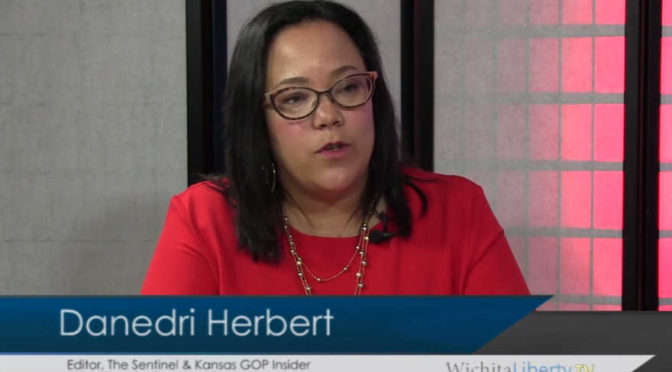
WichitaLiberty.TV: The Sentinel’s Danedri Herbert
Danedri Herbert of The Sentinel joins Bob Weeks and Karl Peterjohn to discuss news reporting and politics in Kansas.
-
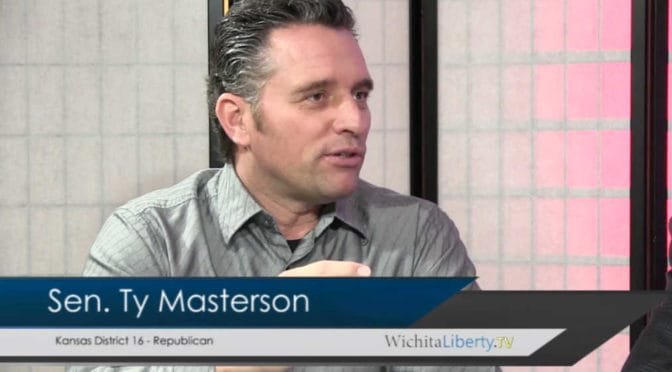
WichitaLiberty.TV: Kansas Senator Ty Masterson
Kansas Senator Ty Masterson joins Bob Weeks and Karl Peterjohn to discuss legislative issues and politics.
-

In Wichita, the surveillance state expands again
In Wichita, we see another example of how once government starts a surveillance program, it probably won’t produce the promised results, yet will be expanded.
-

Sedgwick County economic freedom accountability index
A new initiative to provide residents of Sedgwick County with more information about their elected county commissioners.
-

From Pachyderm: Congressional candidates
From the Wichita Pachyderm Club this week: A forum for Republican candidates vying to fill the vacant position of former Congressman Mike Pompeo.
